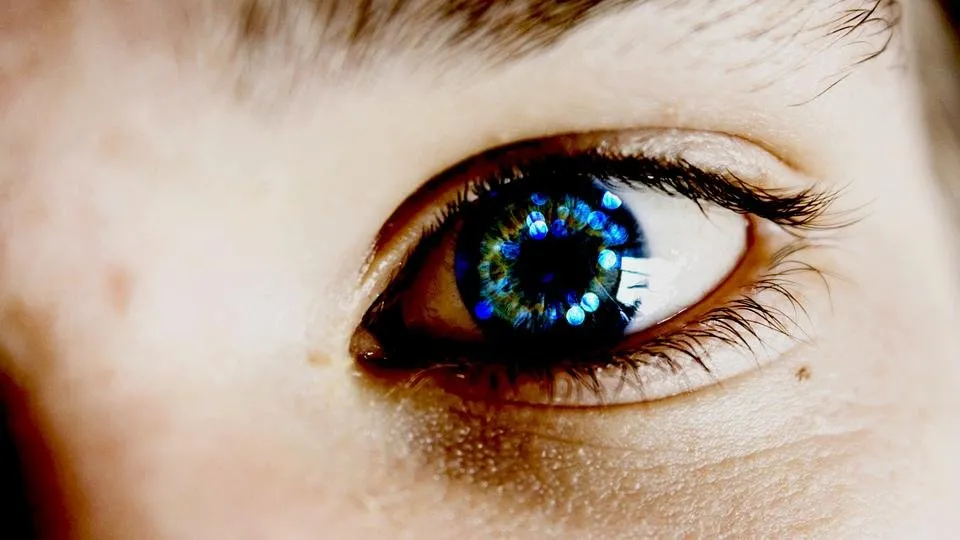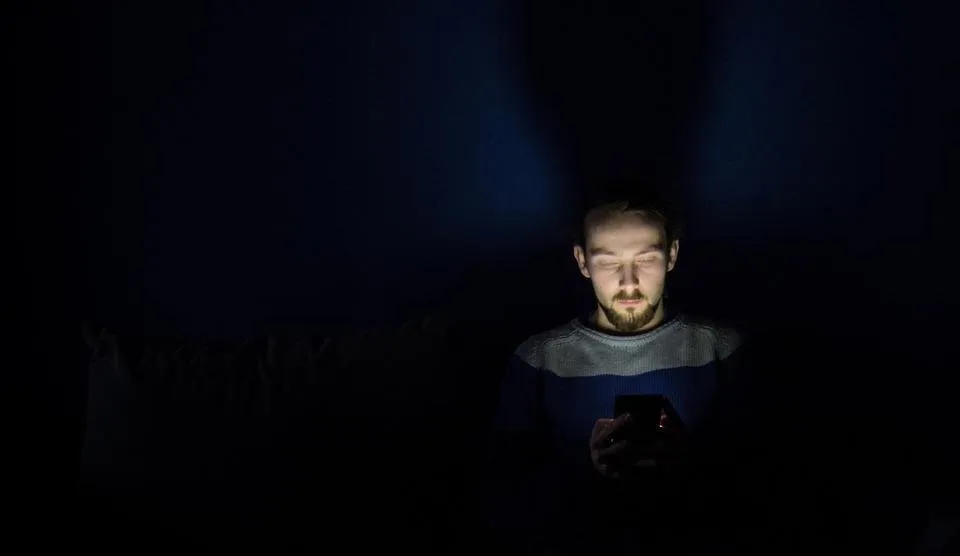
In this technology imbued world of ours, we spend countless hours everyday in front of a screen, be it a computer or a phone or any other device. Today’s lifestyle has made it quite necessary to do that to a degree.
And then we take it a step further when we spend time doing non-productive tasks on our gadgets as well. Social media is a huge example of that. The problem is, both our work and entertainment requires some sort of a screen.
The problem with screens is that they hurt our eyes. This is something we had known for quite a while but didn’t fully understand exactly why or how that happens.
But thanks to the research conducted by a team of researchers at the University of Toledo, we may have finally found the answer. You can find the original research published here.
A Harmful Light

Even though blue light is present everywhere around us, it is the constant staring at our brightly lit displays that is increasing our eyes’ exposure to them, and it is a major cause for the weakening of eyesight and even blindness.
So, how does it happen exactly? Well, the researchers found out that the photoreceptor cells in the eyes (that help with capturing light and sending signals to the brain) need something called retinal molecules to function.
When this retinal is exposed to blue light, it produces toxins that also kill the photoreceptor cells in the eyes, thereby causing damage to eyesight, and in the long run, causing blindness as well.
Scientists confirmed this by combining the retinal with some other cells of the body like the heart cells and neurons. These cells were killed too when the retinal combined with them was exposed to blue light, due to it producing toxins.
What’s The Solution?

Well, I don’t think screens are going to go away anytime soon. They are our primary interface to the world of computing and life has pretty much become dependant on computers.
Yes, we can certainly decrease the amount of time in front of a computer but we can only do that by a certain degree. We still need to spend quite a bit of time in front of screens, which can damage our eyes in the long term.
But luckily for us, the same team also discovered that a molecule derived from Vitamin E, called alpha tocopherol can prevent the death of the photoreceptor cells and so, in the future, we could very well develop a treatment, to slow down the damage considerably.
I think this will be crucial as people are only spending ever more time in front of screens and as more and more people get on the internet, this problem is going to spread.